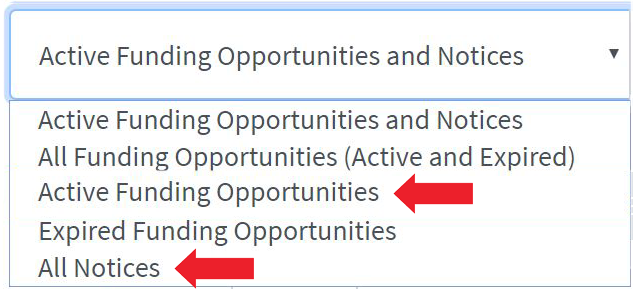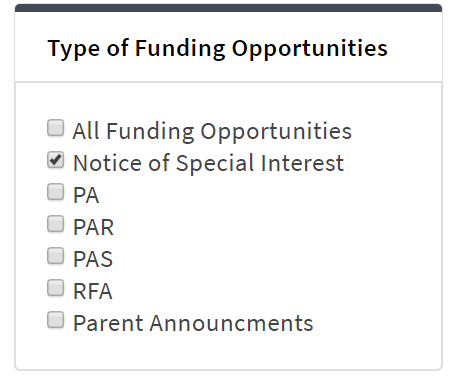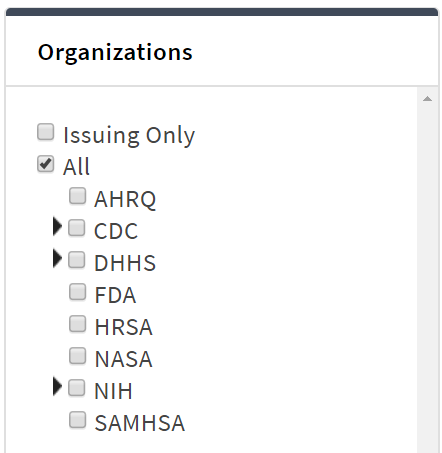
The NSF recently released the PAPPG 20-1, which applies to proposals submitted or due, or awards made, on or after June 1, 2020. Section IIC2g(i) includes the following language for Senior Personnel & Wages:
“NSF regards research as one of the normal functions of faculty members at institutions of higher education. Compensation for time normally spent on research within the term of appointment is deemed to be included within the faculty member’s regular organizational salary.”
“As a general policy, NSF limits the salary compensation requested in the proposal budget for senior personnel to no more than two months of their regular salary in any one year. (See Exhibit II-3 for the definitions of Senior Personnel.) It is the organization’s responsibility to define and consistently apply the term “year”, and to specify this definition in the budget justification. This limit includes salary compensation received from all NSF-funded grants. This effort must be documented in accordance with 2 CFR § 200, Subpart E, including 2 CFR § 200.430(i). If anticipated, any compensation for such personnel in excess of two months must be disclosed in the proposal budget, justified in the budget justification, and must be specifically approved by NSF in the award notice budget.16“
Please note that any proposals submitted or due, or awards made, prior to June 1, 2020 will still be subject to the policies and procedures established in the PAPPG 19-1.








